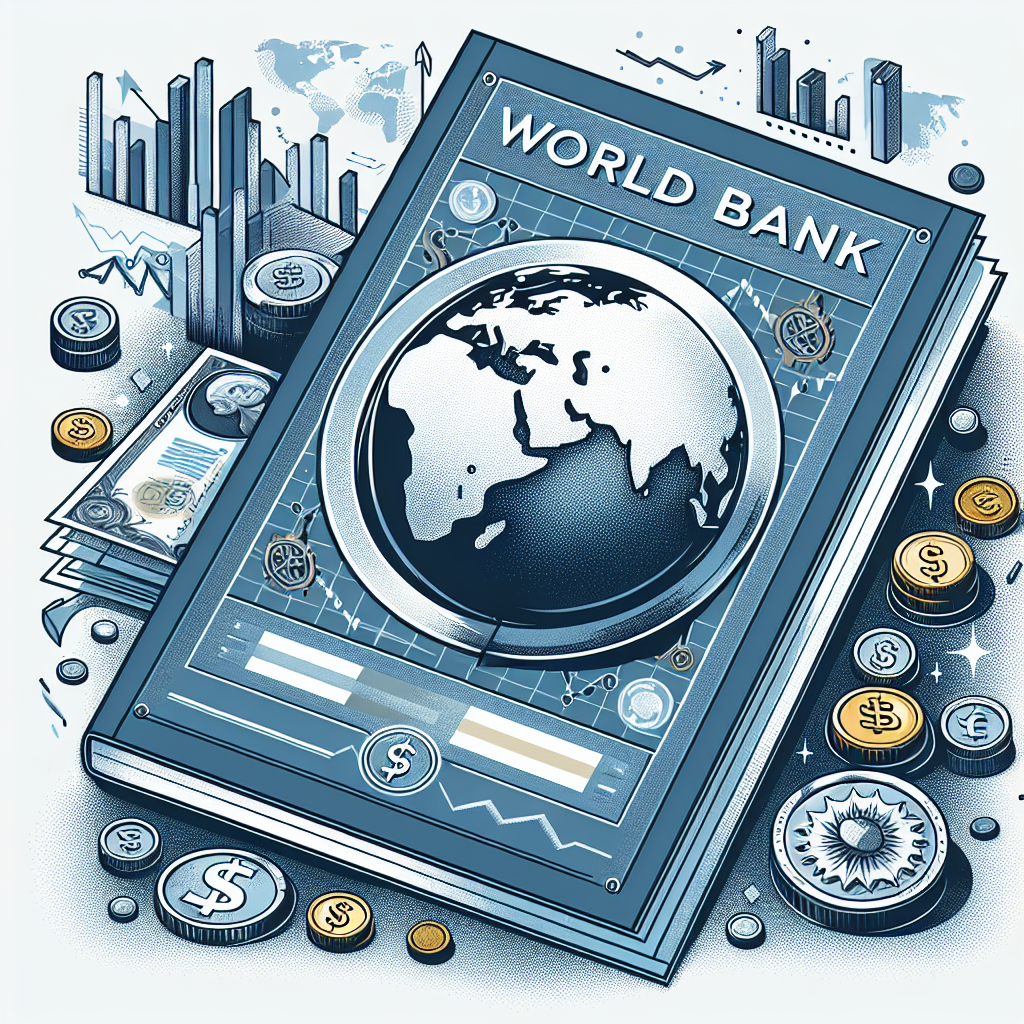World Bank–Egypt Partnership Framework Targets Inclusive Growth and Reform
The report emphasized that Egypt is the third-largest shareholder of the Bank in the MENA region, with an active portfolio of 13 ongoing projects worth $6.5 billion.

- Country:
- Egypt Arab Rep
The World Bank has issued a new report highlighting the ongoing strategic partnership with the Arab Republic of Egypt under the Country Partnership Framework (CPF) for 2023–2027, which seeks to accelerate inclusive economic growth, expand private sector participation, and strengthen resilience to social, environmental, and financial challenges.
Partnership Built on Longstanding Cooperation
Egypt has maintained one of the most enduring relationships with the World Bank Group. As a founding member, the country has worked with the Bank for over six decades, securing financing and technical support that underpin many of its development priorities. Since 1959, the Bank has financed more than 201 projects valued at $27.5 billion, focusing on infrastructure, education, health, food security, governance reforms, and private sector development.
H.E. Dr. Rania Al-Mashat, Minister of Planning, Economic Development and International Cooperation—and Egypt’s Governor at the World Bank Group—stressed that this partnership is anchored in Egypt’s Vision 2030 and the Government Action Program. “The World Bank partnership reinforces national ownership and reflects Egypt’s priority areas, including investment in human capital, food security, and empowering the private sector,” she said.
Diversified Portfolio and Strategic Priorities
The report emphasized that Egypt is the third-largest shareholder of the Bank in the MENA region, with an active portfolio of 13 ongoing projects worth $6.5 billion. The CPF for 2023–2027 is structured around three priority pillars:
-
Enhancing private sector-led job creation through SME support, entrepreneurship, and regulatory reforms.
-
Investing in people and human capital, with a strong focus on health, education, and social protection.
-
Building resilience to shocks, including climate risks, economic disruptions, and global crises.
Delivering on Human Capital and Social Protection
Over the past years, joint initiatives have transformed service delivery for millions of Egyptians:
-
Health and education: 3.6 million students benefited from improved education quality, and millions accessed better health services.
-
Social protection: The flagship “Takaful and Karama” cash transfer program, co-supported by the Bank, reached 5.2 million households (17 million people) by June 2025—75% of whom are women—providing resilience against shocks such as COVID-19, climate change, and inflation.
-
Presidential health initiatives: Support extended to programs such as the “100 Million Healthy Lives” campaign, which successfully targeted the elimination of Hepatitis C.
Infrastructure and Service Delivery
The partnership has also delivered tangible improvements in infrastructure and essential services:
-
Transport: 30.3 million people benefited from safer and more reliable railway services.
-
Sanitation: 1.1 million people gained access to improved sanitation.
-
Regional development: 8 million people in Upper Egypt saw better infrastructure services, boosting economic opportunities.
-
Food security: 2.2 million individuals received direct support amid global supply disruptions.
Driving Job Creation and Private Sector Growth
The World Bank’s focus on entrepreneurship and employment is embodied in the Catalyzing Entrepreneurship for Job Creation project, which has generated over 400,000 jobs and supported 200,000 entrepreneurs and SMEs. Impressively, 43% of beneficiaries are women and 43% are youth, reflecting Egypt’s demographic priorities.
Knowledge and Policy Support
Beyond financing, diagnostic and policy reports have been critical in guiding Egypt’s reform agenda. Studies such as the “Public Expenditure Review for Human Development Sectors” are helping policymakers improve the efficiency of public spending and ensure evidence-based governance.
Renewable Energy and Climate Action
The partnership has played a pivotal role in Egypt’s transition to cleaner energy. With support from the IFC and MIGA, the World Bank facilitated the Feed-in Tariff policy, which enabled private participation in renewable power generation. This policy led to the creation of the Benban Solar Park, one of the world’s largest, with a generation capacity of 1,465 MW.
These efforts directly align with Egypt’s commitments under the Sustainable Development Goals (SDGs) and the country’s climate strategy, ensuring that growth is not only inclusive but also environmentally sustainable.
Looking Ahead
While the achievements are significant, the World Bank stressed that further efforts are needed to expand economic opportunities, enhance resilience, and ensure sustainable reforms. The Bank reaffirmed its commitment to supporting Egypt’s journey toward inclusive, green, and resilient development, with the CPF serving as a guiding framework for the next phase of cooperation.










